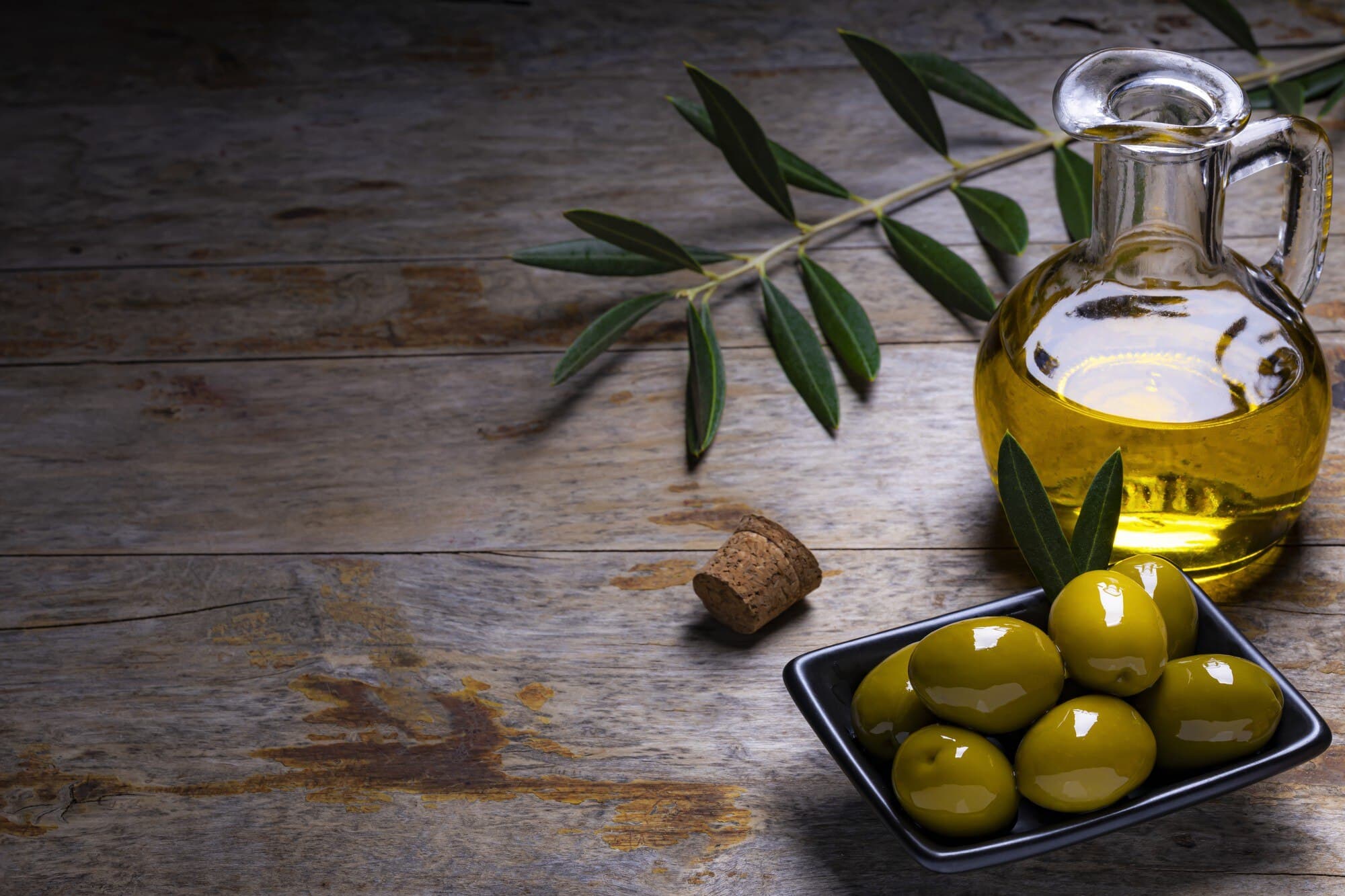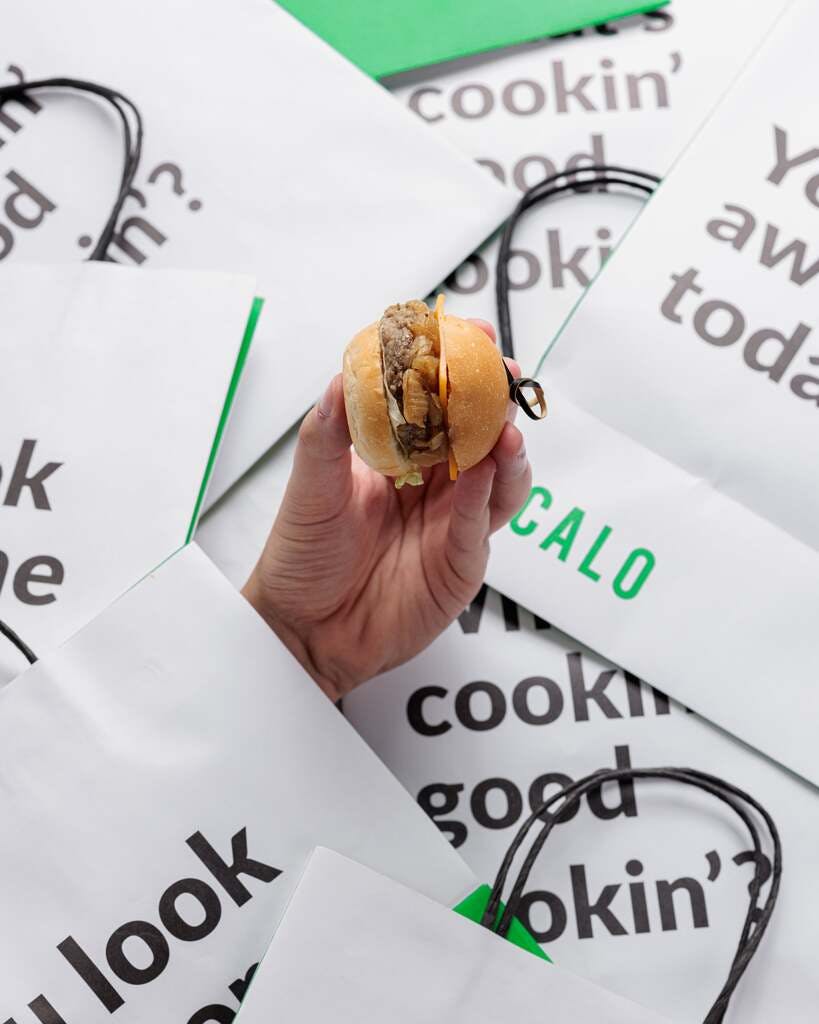Back to blog
Olive Oil Benefits Backed by Science and Tradition

Olive Oil Benefits
Types of Olive Oil
Simple Ways to Include Olive Oil in Your Diet
What to Look for When Buying Olive Oil?
Healthy Meal Delivery
Types of Olive Oil
Simple Ways to Include Olive Oil in Your Diet
What to Look for When Buying Olive Oil?
Healthy Meal Delivery
Is olive oil good for you remains one of the most frequently asked health questions and science continues to back it up with a solid yes! While the health effects of dietary fat are controversial, there’s a reason people have used olive oil for centuries. Across the Mediterranean since ancient times, it has been considered a superfood and a cure on many levels, as it is widely used for cooking, skincare, strengthening hair, and even as a remedy for sore throats and wounds. Experts agree that there are a wide range of olive oil benefits , which we’ll explore in this article.
Olive Oil Benefits
Out of all plant-based oils, it has the highest levels of monounsaturated fatty acids, which have been shown to lower bad cholesterol (LDL) and increase good cholesterol (HDL). These healthy fats, along with its anti-inflammatory and antioxidant properties, help protect the body from harmful chemicals and diseases. Let’s dive deeper into these benefits:
Rich in Healthy Fats
Olive oil is high in monounsaturated fats, with up to 71% of its fats made up of oleic acid, which supports heart health, reduces inflammation, and resists heat, making it great for cooking, especially the extra virgin type of olive oil.
Read more about Healthy Fat Foods.
Anti-inflammatory Effects
Olive oil is rich in anti-inflammatory compounds that help protect the body from chronic diseases, such as:
- Cancer
- Heart disease
- Alzheimer’s
- Type 2 diabetes
- Obesity
- Arthritis
- Metabolic syndrome
Packed with Anti-oxidants
Olive oil is loaded with Vitamin E, Vitamin K and antioxidants that fight against cholesterol oxidization in the blood, and fight inflammation, which can lower the risk of chronic diseases affecting your cardiovascular and central nervous system. The extra virgin olive oil contains the highest amounts of vitamins.
Stroke Prevention
The anti-inflammatory and anti-oxidizing properties of olive oil help reduce plaque buildup in the arteries, which leads to protection against strokes and blood clots.
Supports Healthy Weight
Studies have shown that diets rich in olive oil, like the Mediterranean diet, have favorable effects on the body, like weight maintenance or weight loss when part of a balanced diet, despite being calorie-dense. The calorie content of olive oil is high so remember that consuming it in excess can eventually lead to weight gain.
Antibacterial Effects
Olive oil may help fight harmful bacteria that live in your stomach and may even cause ulcers or cancer. It also supports the digestive system by eliminating harmful gut bacteria and preventing constipation. Extra virgin olive oil can fight against certain strains of bacteria.
Promotes Brain Health
Olive oil helps reduce the risk of Alzheimer’s and improves cognitive function, as its compounds protect brain cells from damage.
Protect Heart Health
Olive oil can lower blood pressure and cholesterol, and reduce the risk of premature deaths. Especially when part of the Mediterranean diet. Extra virgin olive oil is one of the key ingredients in this diet.
Anti-cancer Properties
Antioxidants may reduce oxidative damage and cancer risk, especially when consumed regularly.
Types of Olive Oil

While olive oil offers many health benefits, its nutritional value depends on the type. Extra virgin olive oil (EVOO) is the richest in antioxidants and polyphenols due to minimal processing. Virgin olive oil (VOO) is slightly more processed and milder in flavor but still retains many nutrients. More refined types like "light" or "pure" olive oils lose most of these beneficial compounds through processing. In short, EVOO is your healthiest option.
Simple Ways to Include Olive Oil in Your Diet
- Use it as a salad dressing
- Splash it over roasted veggies
- Use it for cooking, frying or add it as a finish flavor
Healthy Meal Delivery
Looking to get all the health benefits of olive oil without the guesswork? Just remember, quality matters, so open the Calo app, choose your plan, and we’ll deliver tasty, nutrient-packed meals right to your door. Healthy eating has never been this easy or this flavorful!
FAQ
How much olive oil per day should you have?
Consuming as little as ½ a teaspoon of olive oil a day should provide you with the benefits necessary for your body.
What to look for when buying olive oil?
- Harvest date, the fresher the better.
- Harvest location or region.
- Varieties and types of olive.
- Packaging style, preferably labeled “Extra virgin”.
While fats can be debatable, experts agree that olive oil benefits are super impactful, especially extra virgin type, when consumed regularly. It isn’t just delicious, it’s doing your body all kinds of good! From boosting heart and brain health to fighting inflammation and even harmful bacteria, it’s a true kitchen staple. You can read more about sesame oil here and learn how to create a healthy diet plan that works for you on our Calo blog.








